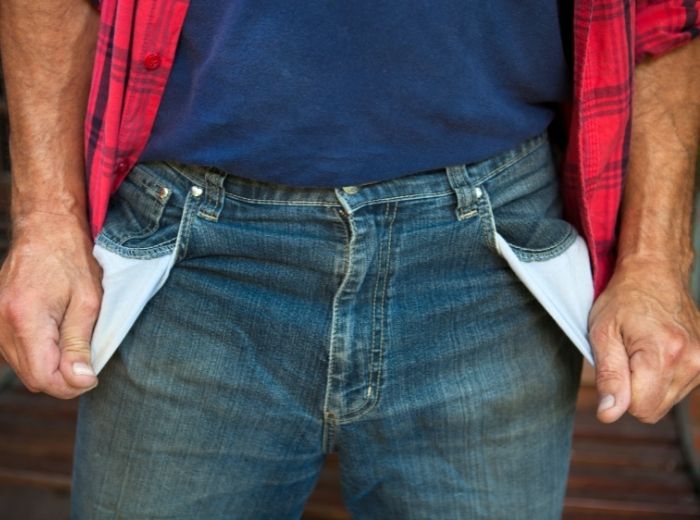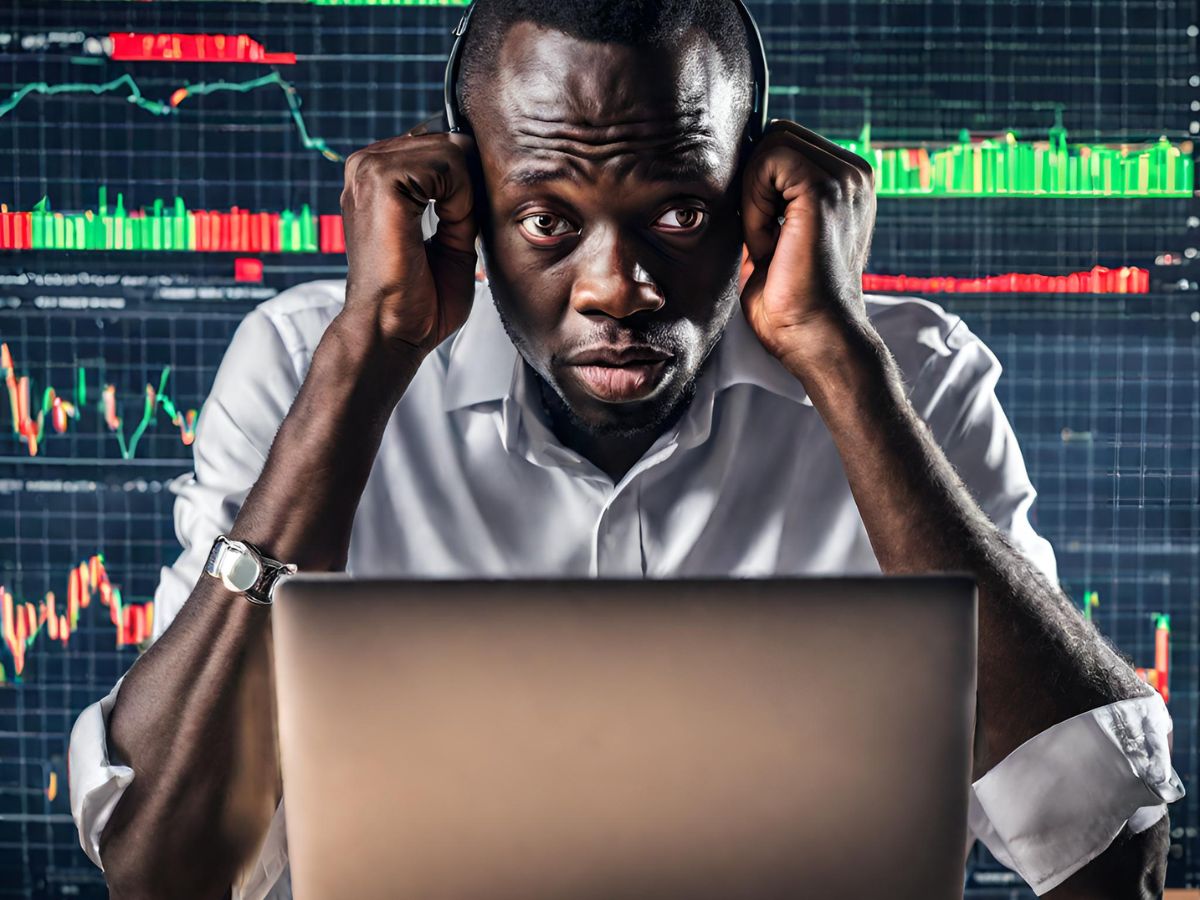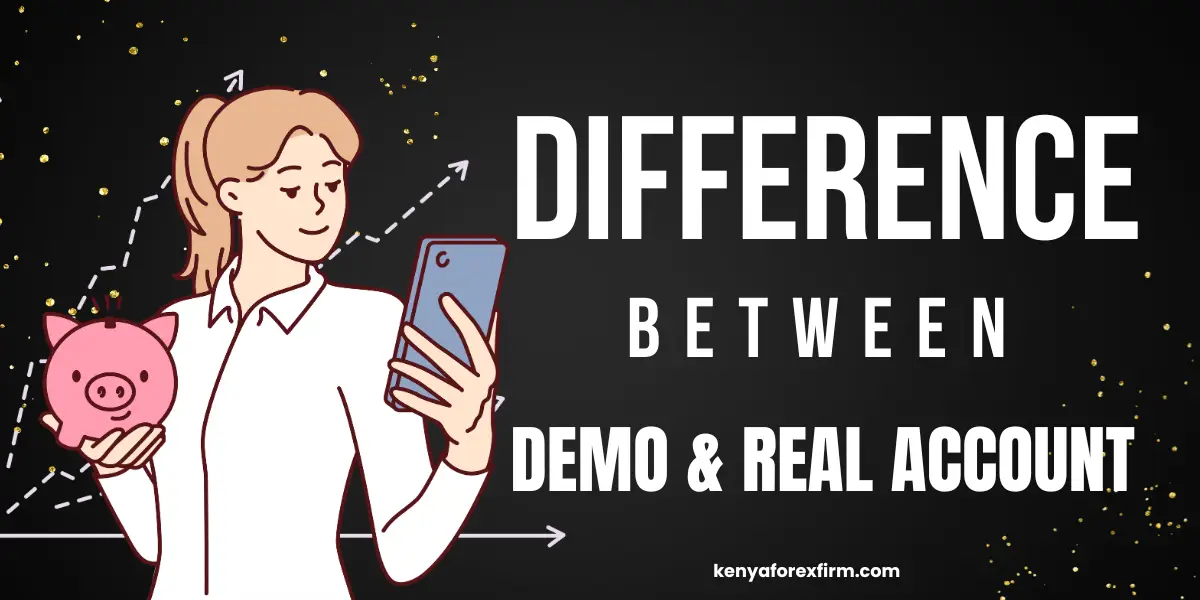Are you interested in trading forex but not sure how much money you need to get started? In this blog post, we’ll break down the minimum amount of money you need to start forex trading in Kenya and give you some tips on how to get started. Keep reading for more information!
When you’re ready to start trading forex, you’ll need to have a few things in place first: a solid foundation of technical analysis, a plan for risk management, and enough starting capital to support your trading strategy.
How much do I need to start forex in Kenya?
You can start trading with as little as $5 (Kshs 650). That’s right, you heard me correctly - five dollars! You don’t need a ton of cash to get started in forex trading, which is one of the many reasons why it’s such an accessible and popular investment option.
However, it’s also worth mentioning that the amount you need to start forex trading in Kenya will vary depending on the broker you choose and the platform you use. However, most brokers require a minimum deposit of around $5 in order to get started. Some of the brokers with a minimum deposit as low as $5 include HotForex, FxPesa, and XM Forex.
Of course, the amount you start with will determine the size of your trades and your potential profits or losses. So, while it’s technically possible to start with just $5, most experts recommend starting with at least $100 or more to give yourself a bit of cushion and to be able to trade in meaningful sizes.
But don’t let the idea of needing a lot of money hold you back, darling. With online forex brokers and trading platforms, you can get started with a small investment and grow your account over time. Just be sure to educate yourself, practice with a demo account first, and use proper risk management strategies to protect your capital.
If you’re an absolute beginner, I’d recommend that you have at least $250 as your starting capital. The higher the amount you invest, the better the chances of success.
If you’re new to forex trading, only invest as much money as you’re comfortable losing. There is no cap on how much someone can earn with online forex trading. However, there is also no limit on how much a trader can lose. Newcomers to the forex market should keep this in mind before investing too much money into the trade.
Why You Shouldn’t Trade Forex With a Small Account

Does it matter whether you start trading forex with a $100 account or $1,000? Yes, it does matter. Let me explain.
I am sure you’ve heard how about 80-95% of new traders lose all their invested capital within the first few days/weeks of trading. The main reason for this sad statistics is undercapitalization. Unfortunately, even the best forex brokers in Kenya won’t point out this to you. They will encourage and entice you with minimum deposits as low as $5.00 knowing very well that you can’t make any head start with such a small amount.
The dangers of trading Forex with small capital are twofold.
-
First, you may not have enough money to sustain drawdowns in the market.
-
Second, you may not have enough money to take advantage of profitable trading opportunities when they arise.
Trading forex with small capital can also be risky because it can lead to over-trading. Over-trading occurs when traders place too many trades in an attempt to recover losses from previous trades. This often leads to more losses and can quickly deplete the trader’s account equity.
See: How to Join Forex Trading in Kenya
How Does the Amount of Capital Affect Forex Trading?
The amount of capital you have at your disposal when trading forex can certainly affect how successful you are. For one, having more capital gives you a larger margin to work with, which means you can take on larger trades and make more money on successful trades. A smaller balance means fewer trades and a smaller position size and consequently less money.
However, it’s important to remember that forex trading is a risky business and it’s possible to lose money even when using a high amount of capital. So be sure to only trade with funds that you can afford to lose and never invest more than you’re comfortable losing.
Capital also affects forex trading psychologically. When starting out with a small account, it’s easy to feel like every trade is a matter of life or death. With more capital, traders can take on more risk without worrying as much about individual trades. This can lead to increased profitability in the long run.
However, too much money in a Forex account can be a bad thing. The more the better when it comes to trading capital. But if your account balance is too high you might become overconfident and take on excessive risk with each trade. This could lead to heavy losses.
In general, traders should strive for an amount of capital that will make them feel comfortable, but not overly confident. The following is a look at what the ideal capital might be for most traders.
How to Start Forex Trading in Kenya
Before delving into how you can start your forex trading journey, it’s crucial to understand what forex trading entails. The foreign exchange market, also known as forex or FX, is the world’s largest financial market, where people buy and sell currencies.
As the largest and most liquid financial market globally, the forex industry has attracted millions of traders, and you could be the next one.
But how does it work?
Forex trading involves buying and selling currencies. Essentially, you’re betting on the change in one currency’s exchange rate against another. If you can accurately predict these fluctuations, you can make a profit.
The trading activity is typically conducted through a forex broker or a market maker. Now that we have the basics down, let’s dive into how you can become a part of this exciting world.
Step 1: Understand the Basics
Before you dive into forex trading, understanding the basic concepts and terminology is crucial. You must be familiar with terms like pips, lots, leverage, and margin. Taking time to learn these foundational concepts will give you a stronger base to build your trading strategies on.
Step 2: Set a Budget
Now, let’s address that burning question: “How much do I need to start forex trading in Kenya?” The answer is flexible and largely depends on your personal financial situation and risk tolerance.
Some forex brokers allow you to open an account with as little as Ksh 5,000, while others may require a higher initial deposit.
Remember, it’s not about how much you start with, but how wisely you trade and manage your investments. Forex trading is inherently risky, so it’s essential to only trade with money you can afford to lose.
Step 3: Choose a Reliable Forex Broker
The next step is to choose a forex broker. A broker provides a trading platform and facilitates transactions between buyers and sellers.
Look for a broker regulated by reputable bodies such as the Financial Conduct Authority (FCA) or the Australian Securities and Investments Commission (ASIC). A good forex broker should also offer competitive spreads, good customer service, and an easy-to-use platform.
Step 4: Open a Forex Trading Account
Once you have chosen a broker, you will need to open a trading account. The process usually involves filling out an application form and providing some identification documents. After your account is approved, you can deposit your initial trading capital.
Step 5: Create a Trading Plan
A trading plan is a set of rules that guide your trading decisions. It includes your financial goals, risk tolerance, and specific strategies that you will use in your trades. Stick to your plan and avoid making decisions based on emotions.
For instance, let’s say you’ve decided only to risk 1% of your trading capital on any single trade. If you’ve deposited Ksh 10,000, this would mean that you would only risk Ksh 100 on a single trade. By adhering strictly to this plan, you will limit potential losses while maintaining the potential for consistent returns.
Step 6: Practice with a Demo Account
Most forex brokers in Kenya offer demo accounts where you can practice trading with virtual money. This is an excellent opportunity to test your trading strategies and get comfortable with the trading platform before risking real money.
Step 7: Start Trading
Now that you’re equipped with knowledge and practice, it’s time to start trading. Remember, starting small and gradually increasing your investment as you gain experience can be a smart approach.


